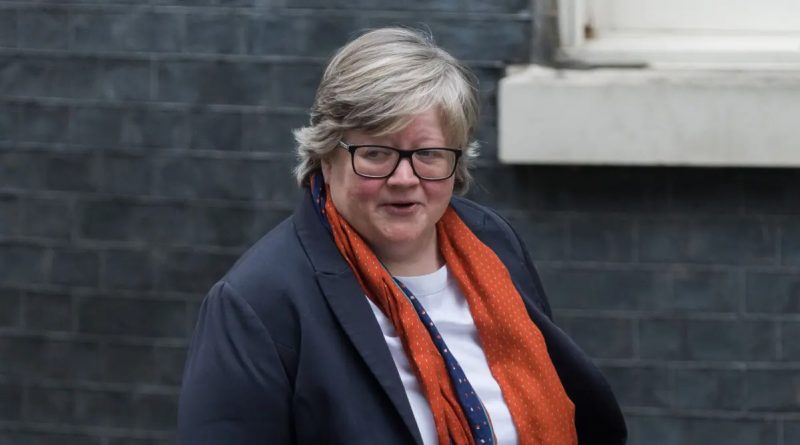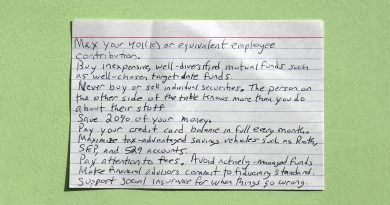National Insurance Rise Will Go On Despite Tory Clash
We all are aware of the current chaos in the UK leadership. The conflict about the National Insurance Contribution rate is one of them. Despite Tories demanding a drop for the national insurance increase, a cabinet member has urged that it should go on as scheduled. No doubt this call comes from the Tories as the price for their backing of Boris Johnson’s leadership. However, it also includes genuine concerns over the rising household bills.
But before we go into the details, let’s learn what National Insurance is and how it works.
What is National Insurance?
It’s a tax that most workers pay in the UK. The amount you pay under this levy depends on the kind of work you do and how much money you make.
It is a predetermined sum deducted from your paychecks automatically if you are enrolled in the PAYE system. Or you can also pay it manually through a self-assessment tax return if you are not.
Even though it functions similarly to income tax, national insurance is distinct from that.
The money paid for this kind of insurance goes into a public fund. This fund covers a variety of government expenses. For example, state benefits like the state pension, mandatory sick pay, and maternity leave.
You must have made National Insurance contributions for a predetermined amount of time to be eligible for benefits like the State Pension. However, if you haven’t done so, you can make voluntary payments.
Why did the rate of National Insurance contributions increase?
Johnson explained that the increase in National Insurance was necessary. Basically, the risen rate will aid to fund “permanent increased investment in health and social care”.
Following the Covid-19 outbreak, the government spent more than £407 billion to “help lives and livelihoods.” Thus, the NHS and social care must have enough funds for the future. Johnson added that it would be “irresponsible” to do so through “more borrowing and higher debt.” Therefore, the government decided to raise the rate on National Insurance contributions.
So, will this rise in the National Insurance contribution rate go ahead?
Before the introduction of the rise on April 6, Thérèse Coffey, the labor and pensions secretary, said that there were no “dissenting voices” inside the administration calling for its cancellation or postponement.
Recently there is a lot of pressure on the PM to reverse the course on the tax increase. Moreover, he is also under heavy stress as a result of two investigations into suspected rule-breaking parties in Downing Street and Whitehall.
Besides, we can say that Johnson’s position can go even more volatile while he awaits the results of a civil service inquiry chaired by Sue Gray. As a result, critical MPs have felt empowered to make demands of him.
There are several backbench Tories crying to reject the rise. However, only five of the MPs opposed the national insurance increase in September.
How will the report affect the National Insurance rise?
Coffey said that she really didn’t know when the report would come out. However, she added that it won’t they don’t expect any change in the introduction of the tax. It is being used to pay off the NHS backlog owed to Covid before the government would spend it on social care. So, according to her statement to Times Radio, it must proceed as planned.
She continued that the Parliament approved the tax which intends to help the NHS and future NHS funding.” Therefore, she doesn’t see any reason why it won’t take place as decided.
Is there any clash within the cabinet on the levy?
Coffey denied there was a divide in the government. She has to address this topic after reports surfaced that certain cabinet members felt concerned about the introduction of the tax increase. Besides, we’re in a time of significantly rising inflation and a hiked energy price cap. Therefore, it’s easier to develop such assumptions. However, she stated that she was not aware of any such dissenting voices.
She added that new regulations for unemployed people are yet to come into effect. It’ll reduce the time from three months to four weeks for unemployed people receiving state assistance to spend looking just for jobs that are similar to their prior employment. She said that they know there are plenty of jobs. However, they have lots of individuals who collect benefits every week while they are seeking employment. Thus, they’re intensifying their approach as per Coffey’s interview with LBC.
“We’re going to help folks get into those,” she continued. “There are over a million jobs that need to be filled.”




